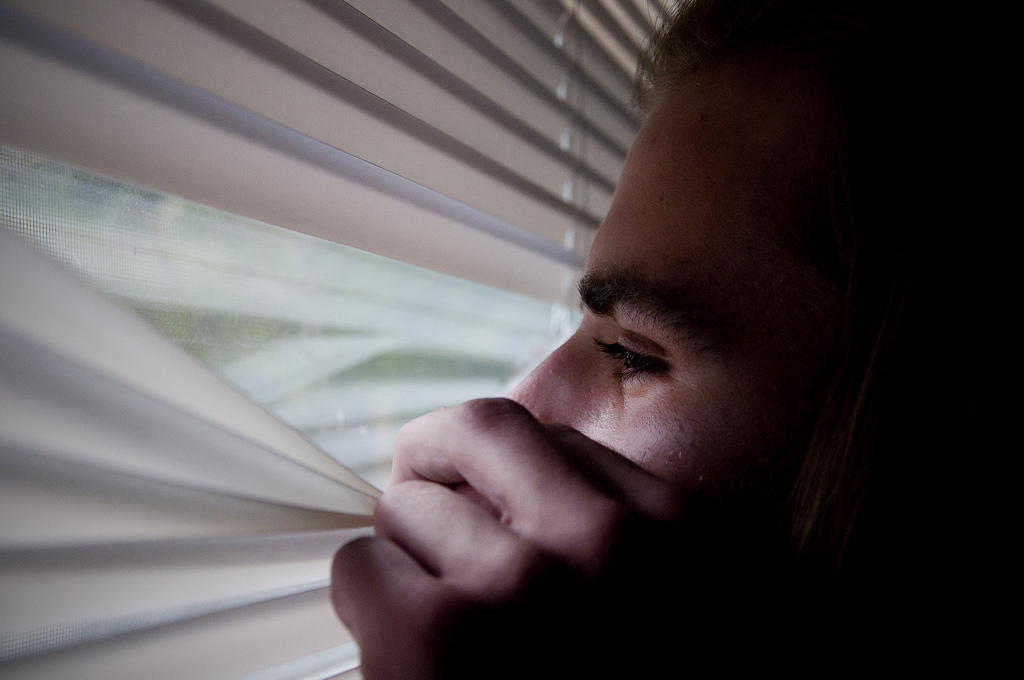


One important caveat is important to make at the very outset of this paper. In this brief paper I will explore some of those costs, examine their implications for post-prison adjustment in the world beyond prison, and suggest some programmatic and policy-oriented approaches to minimizing their potential to undermine or disrupt the transition from prison to home.

Moreover, prolonged adaptation to the deprivations and frustrations of life inside prison what are commonly referred to as the "pains of imprisonment" carries a certain psychological cost. Indeed, as I will suggest below, the observation applies with perhaps more force now than when Sykes first made it. Nearly a half-century ago Gresham Sykes wrote that "life in the maximum security prison is depriving or frustrating in the extreme," (1) and little has changed to alter that view. This paper addresses the psychological impact of incarceration and its implications for post-prison freeworld adjustment. That is, modified prison conditions and practices as well as new programs are needed as preparation for release, during transitional periods of parole or initial reintegration, and as long-term services to insure continued successful adjustment. Among other things, social and psychological programs and resources must be made available in the immediate, short, and long-term. A range of structural and programmatic changes are required to address these issues. Among other things, these recent changes in prison life mean that prisoners in general (and some prisoners in particular) face more difficult and problematic transitions as they return to the freeworld. As a result, the ordinary adaptive process of institutionalization or "prisonization" has become extraordinarily prolonged and intense. The trends include increasingly harsh policies and conditions of confinement as well as the much discussed de-emphasis on rehabilitation as a goal of incarceration. It argues that, as a result of several trends in American corrections, the personal challenges posed and psychological harms inflicted in the course of incarceration have grown over the last several decades in the United States. This paper examines the unique set of psychological changes that many prisoners are forced to undergo in order to survive the prison experience.



 0 kommentar(er)
0 kommentar(er)
